In the pantheon of musical greats, Elton John stands as a colossus, his name synonymous with timeless melodies, unforgettable performances, and a career that has spanned decades, earning him a place among the best-selling musical acts in history. Yet, beneath the glittering veneer of his monumental success lies a testament to his humanity—a willingness to confront and acknowledge when things do not go as planned. This aspect of his character was recently on full display in an interview with the Sunday Times, where he candidly discussed the Broadway production of “Tammy Faye,” a show he described as a “flop.”
Elton John’s career is a tapestry woven with threads of triumph and innovation. From his early days as a prodigious pianist to his rise as a global icon, his journey has been marked by an unyielding passion for music and an insatiable desire to push creative boundaries. His discography is a treasure trove of hits, each song a reflection of his unique ability to blend emotion, melody, and storytelling. Yet, even the most successful artists face moments of disappointment, and it is in these moments that true character is revealed.
In the interview, John spoke about the contrasting fortunes of two recent musicals he was involved with: “Tammy Faye” and “The Devil Wears Prada.” While the latter found success in the West End, “Tammy Faye” failed to resonate with American audiences. The musical, based on the life of the titular singing televangelist, Tammy Faye Bakker, debuted on Broadway on November 14, 2024. Despite its intriguing premise and the creative talents involved, the show struggled to find its footing and closed just a month later.
The reasons behind the show’s failure are multifaceted. John himself suspects that the timing of its debut, coinciding with the US election, played a significant role. The musical explores themes of the integration of church and state, a topic that is deeply intertwined with American political history, particularly during the Reagan era. “‘Tammy Faye’ came out during the US election and it’s all about how the integration of church and state ruined America, which Ronald Reagan did,” he explained. “It was too political for America. They don’t really get irony.”
The political climate in the United States can often be a double-edged sword for artistic endeavors. While some works thrive on the controversy and relevance they bring to current issues, others may find themselves at odds with the prevailing sentiments of the time. In the case of “Tammy Faye,” the show’s exploration of the complex relationship between religion and politics may have been perceived as too confrontational or divisive for audiences during an election season. The New York Times reported that the show underperformed at the box office, with the Palace Theater playing to houses that were 37 percent empty.
The creative team behind “Tammy Faye” was undoubtedly talented. Elton John, known for his iconic music, composed the score. Jake Shears of the Scissor Sisters penned the lyrics, bringing his unique style and perspective to the project. Rupert Goold, an accomplished director, helmed the production, and Katie Brayben delivered a compelling performance as Tammy Faye. Despite these individual strengths, the collective effort failed to connect with the intended audience.
This failure serves as a poignant reminder that even the most seasoned artists and creatives cannot predict with certainty how their work will be received. The world of theater, much like any other form of art, is subject to the whims of public opinion, cultural trends, and the zeitgeist of the moment. What may seem like a groundbreaking and relevant piece to its creators can sometimes fall flat when faced with the realities of the marketplace.
However, it is important to note that failure is not the antithesis of success; rather, it is a part of the creative journey. For Elton John, the experience of “Tammy Faye” is but one chapter in a long and storied career. His previous successes in Broadway, such as his work on “The Lion King,” “Billy Elliot,” and “Aida,” stand as testaments to his ability to create music that resonates deeply with audiences. These shows have left indelible marks on the world of theater, becoming beloved classics that continue to be celebrated.
Moreover, John’s willingness to acknowledge the failure of “Tammy Faye” is a mark of his integrity and humility. In an industry where success is often measured in box office receipts and critical acclaim, it takes a rare kind of courage to admit when a project does not meet expectations. This honesty is not only refreshing but also serves as an inspiration to other artists who may be grappling with their own setbacks.
In the broader context of his career, “Tammy Faye” is a minor blip on an otherwise stellar trajectory. Elton John’s contributions to music and theater are immense, and his influence extends far beyond the stage. His recent collaborative album with singer-songwriter Brandi Carlile, titled “Who Believes in Angels?” showcases his continued evolution as an artist and his ability to collaborate with new talents, further cementing his legacy as a musical icon.
As we reflect on the story of “Tammy Faye,” we are reminded that even the greatest artists face challenges and disappointments. Yet, it is through these experiences that they grow, learn, and ultimately create works that stand the test of time. Elton John’s journey is a testament to the resilience of the human spirit and the enduring power of creativity. Whether he is composing a hit single or producing a Broadway musical, his passion for music remains unwavering.
The story of “Tammy Faye” is not just about a Broadway flop; it is about the complexities of the creative process and the unpredictable nature of public reception. It is a reminder that even the most successful artists are not immune to failure, but it is their ability to acknowledge and learn from these moments that defines their greatness. Elton John’s career is a shining example of perseverance, innovation, and the enduring spirit of an artist who continues to create, inspire, and entertain.
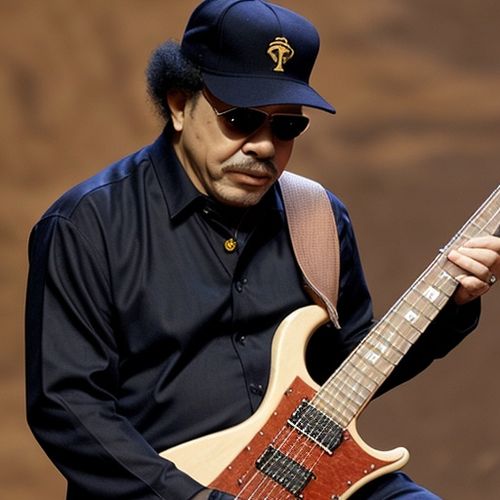
By Daniel Scott/Apr 25, 2025

By Grace Cox/Apr 25, 2025

By Sarah Davis/Apr 25, 2025
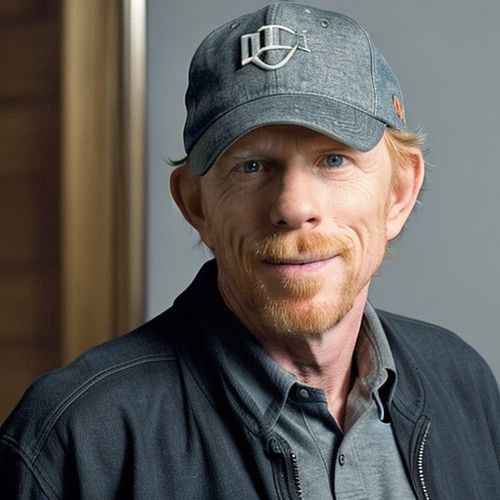
By Laura Wilson/Apr 25, 2025
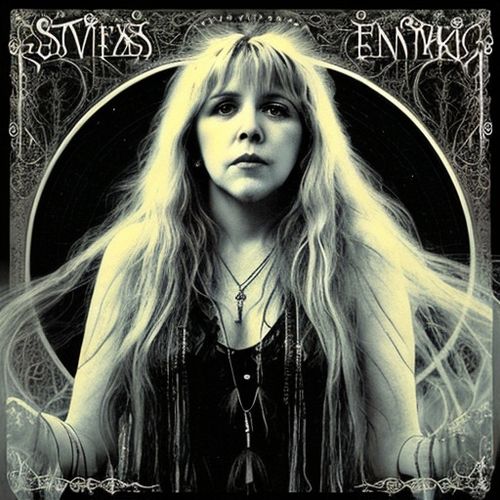
By Amanda Phillips/Apr 25, 2025
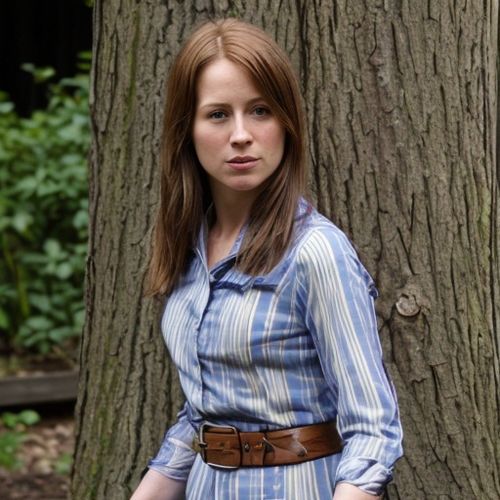
By Elizabeth Taylor/Apr 8, 2025
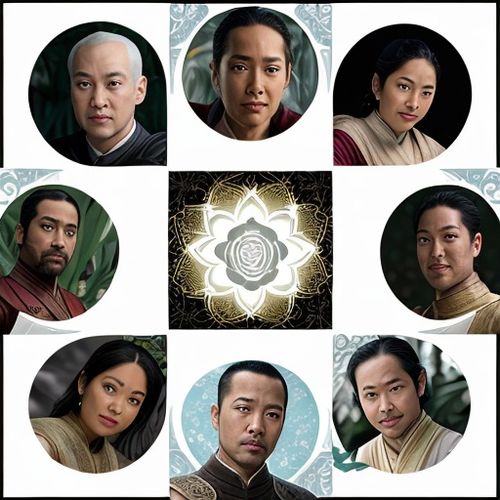
By Sophia Lewis/Apr 8, 2025

By Sophia Lewis/Apr 8, 2025
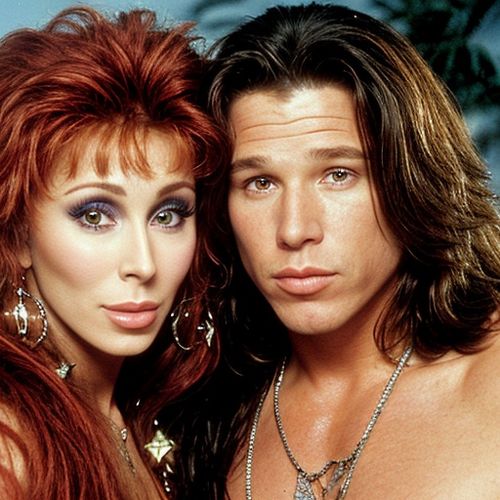
By Thomas Roberts/Apr 8, 2025
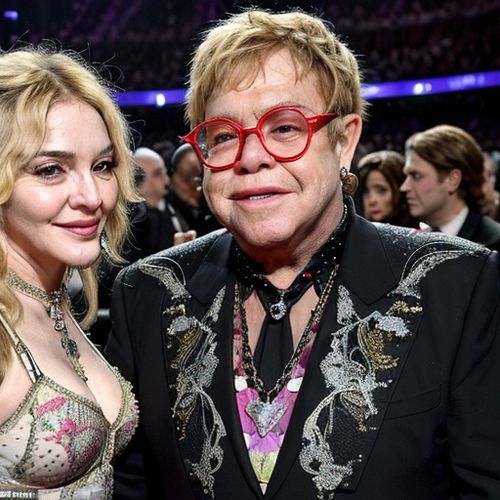
By Sarah Davis/Apr 8, 2025

By Olivia Reed/Apr 8, 2025

By Natalie Campbell/Apr 8, 2025

By Thomas Roberts/Apr 8, 2025
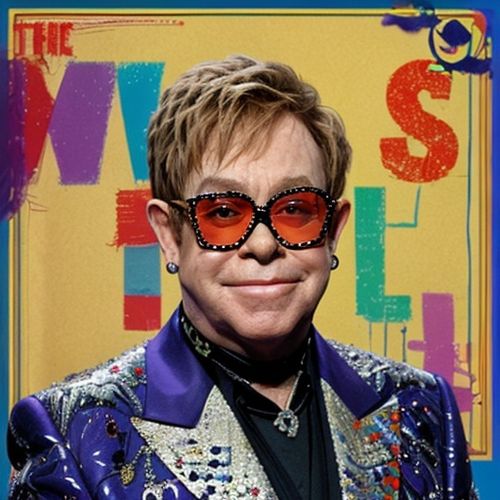
By Benjamin Evans/Apr 8, 2025

By Laura Wilson/Apr 8, 2025